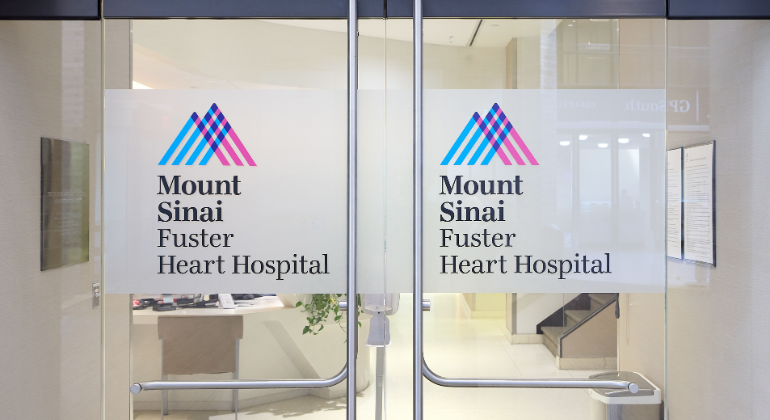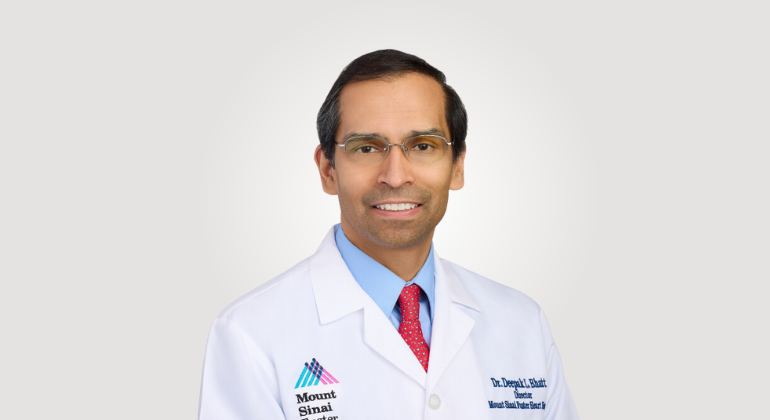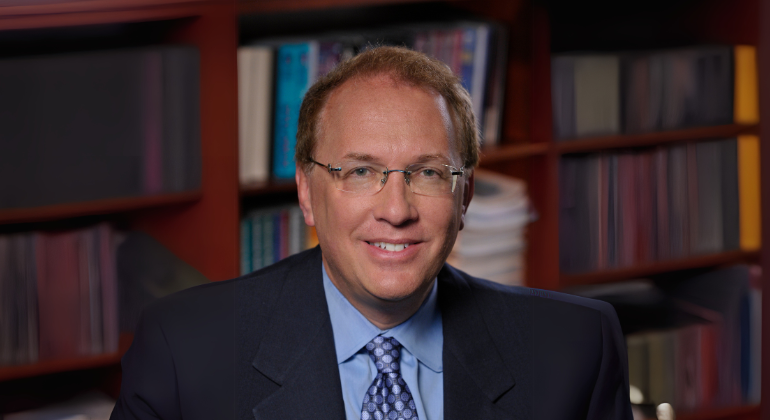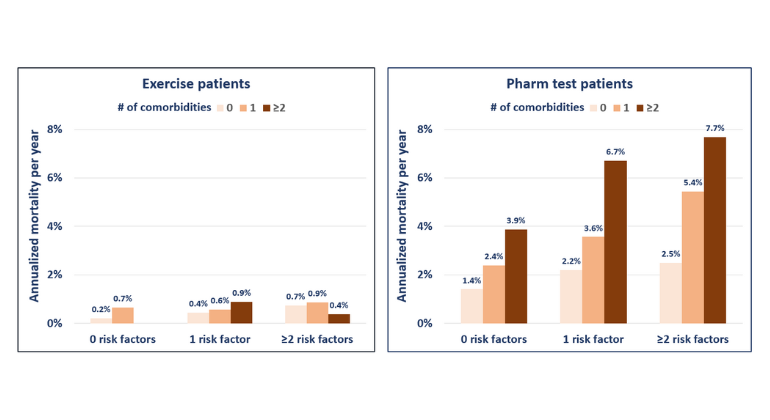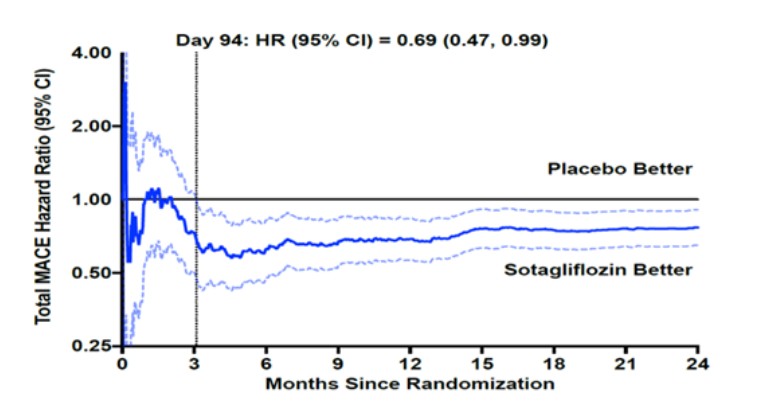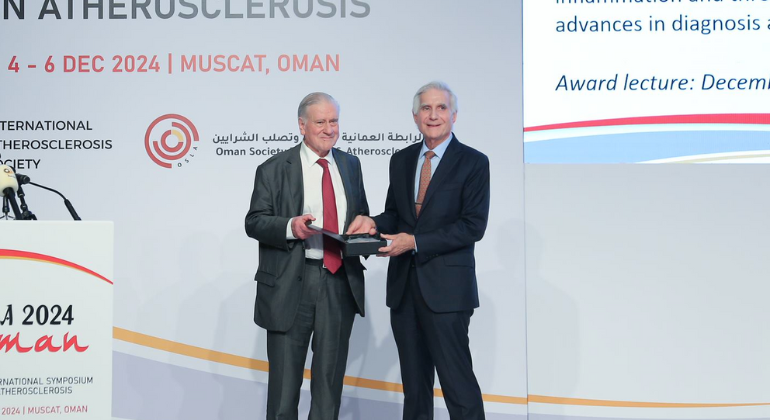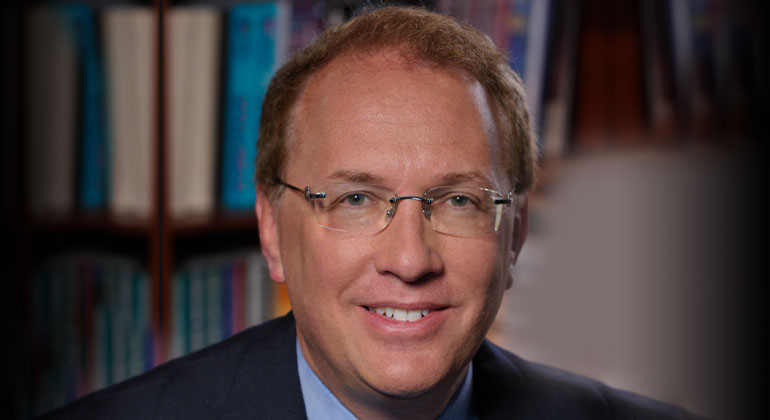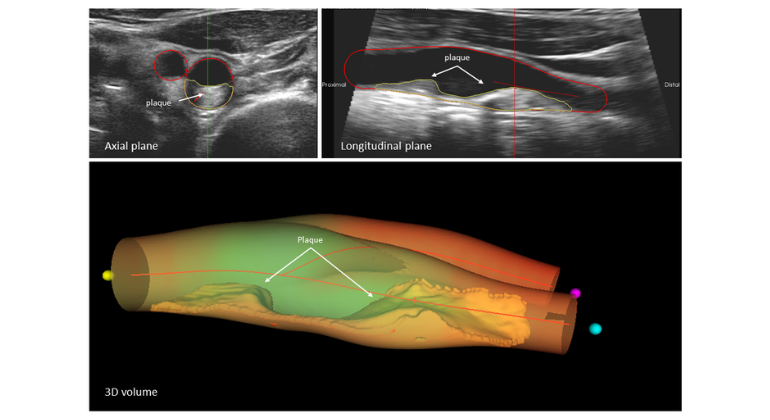Heart Muscle Inflammation and Swelling Peak Twice After Heart Attack
New research findings by Mount Sinai Heart and CNIC in Spain challenges current medical consenus discovering heart attack causes two waves of heart muscle inflammation within a week.
Results of a new study challenge the current consensus in cardiology that peak myocardial edema, or heart muscle swelling, only occurs just after a myocardial infarction, or heart attack. In the study, presented as a Late-Breaking Clinical Trial at the American Heart Association (AHA) Scientific Sessions 2014 and published simultaneously in the Journal of the American College of Cardiology (JACC), scientists discovered a second wave of swelling and inflammation occurs within a week of a heart attack.
The researchers from the Mount Sinai Heart at Icahn School of Medicine at Mount Sinai and Centro Nacional de Investigaciones Cardiovasculares Carlos III (CNIC) in Spain believe their identification of this second wave of inflammation may advance the use of cardiac magnetic resonance (CMR) imaging to better assess initial damage caused by a heart attack. Furthermore, it may enable the design of future targeted therapies that interrupt the two inflammatory reactions to better protect a patient's heart muscle.
Previously, it was widely accepted that heart muscle responds in a stable and progressive way to a heart attack or blockage, with the response pattern starting right after the attack and lasting at least a week.
"Our study found that the inflammatory reaction of the heart post-heart attack is not stable or homogeneous," says senior study author Borja Ibáñez, MD, PhD, head of the Experimental Cardiology Group at CNIC and clinical cardiologist at the Hospital Clínico San Carlos in Spain. "In fact, we have identified that a new systematic and consistent two-wave inflammatory reaction occurs causing swelling and thickening of the heart muscle at two different times during a week's time."
The current research team first categorized this two-phase inflammatory response as an initial massive inflammatory reaction immediately after a myocardial infarction, accompanied by a massive increase in the myocardial tissue thickness that lasts a week. Subsequent observations, however, determined that a first wave of inflammation subsides a few hours after a heart attack, and then a second, separate wave of inflammation arises a week later.
"Our study shows the first evidence of the heart's dual inflammatory reaction after a myocardial infarction," says study author Valentin Fuster, MD, PhD, Director of Mount Sinai Heart at Icahn School of Medicine at Mount Sinai and General Director of CNIC in Spain. "We now know the heart responds to a myocardial infarction in a different way than we once thought with the initial inflammatory reaction followed by a second reactive inflammatory wave. This new data may be truly paradigm-shifting for the future treatment of heart attack patients."
In the preclinical study, researchers performed comprehensive imaging using advanced 3 Tesla CMR technology to study the myocardium's inflammatory process, and later examined heart muscle tissue samples to assess its overall water content swelling.
This study was presented at the AHA Scientific Sessions 2014 as the Late-Breaking Clinical Trial, Abstract 24180: Myocardial Edema After Ischemia/Reperfusion is Not Stable and Follows a Bimodal Pattern: Advanced Imaging and Histological Tissue Characterization Study to Challenge a Classical Dogma.
About the Mount Sinai Health System
Mount Sinai Health System is one of the largest academic medical systems in the New York metro area, employing 48,000 people across its hospitals and more than 400 outpatient practices, as well as more than 600 research and clinical labs, a school of nursing, and a leading school of medicine and graduate education. Mount Sinai advances health for all people, everywhere, by taking on the most complex health care challenges of our time—discovering and applying new scientific learning and knowledge; developing safer, more effective treatments; educating the next generation of medical leaders and innovators; and supporting local communities by delivering high-quality care to all who need it.
Through the integration of its hospitals, labs, and schools, Mount Sinai offers comprehensive health care solutions from birth through geriatrics, leveraging innovative approaches such as artificial intelligence and informatics while keeping patients’ medical and emotional needs at the center of all treatment. The Health System includes approximately 9,000 primary and specialty care physicians and 11 free-standing joint-venture centers throughout the five boroughs of New York City, Westchester, Long Island, and Florida. Hospitals within the System are consistently ranked by Newsweek’s® “The World’s Best Smart Hospitals, Best in State Hospitals, World Best Hospitals and Best Specialty Hospitals” and by U.S. News & World Report's® “Best Hospitals” and “Best Children’s Hospitals.” The Mount Sinai Hospital is on the U.S. News & World Report® “Best Hospitals” Honor Roll for 2024-2025.
For more information, visit https://www.mountsinai.org or find Mount Sinai on Facebook, Twitter and YouTube.
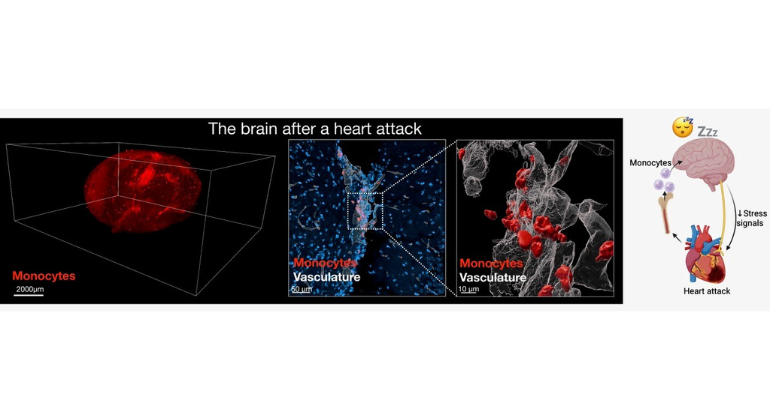
After a Heart Attack, the Heart Signals to the Brain to Increase Sleep to Promote Healing
Oct 30, 2024 View All Press Releases